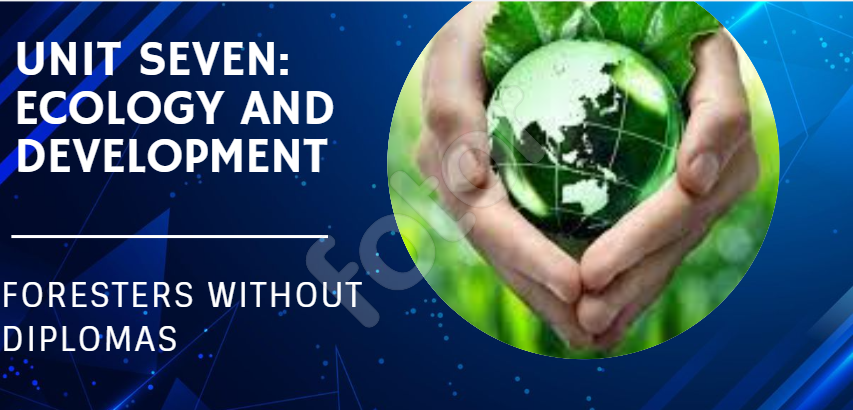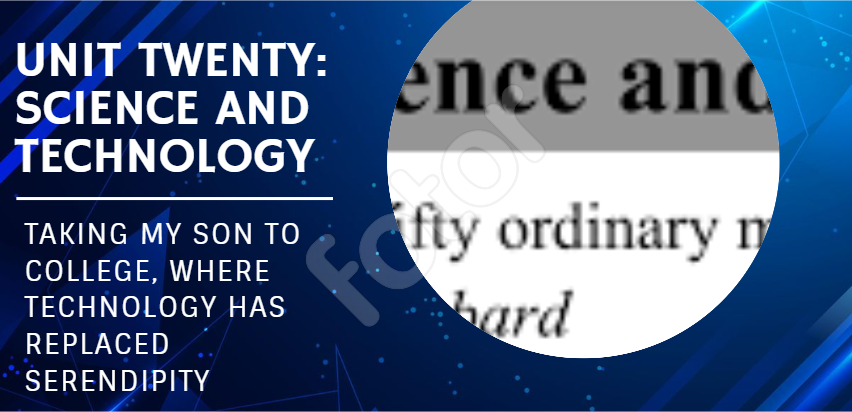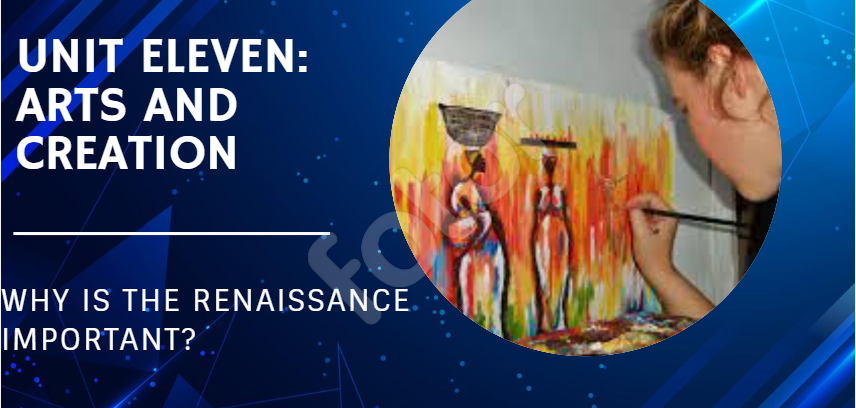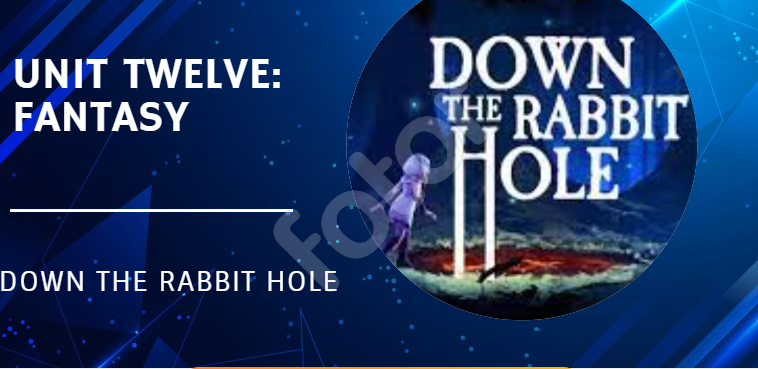Contents
Reading
Foresters without Diplomas
Ways with words
A. Match the words with their meanings.
| constituency | iv. electoral district |
| pursue | iii. to follow in an effort to overtake or capture |
| infiltrate | v. to enter or gain access to (an organization, place, etc.) secretly and gradually |
| nomadic | ii. living the life of roaming |
| anatomy | vi. art of studying the different parts of any organized body |
| subversive | i. seeking or intended to overthrow an established system or institution |
C. Make two other words by using each prefix given above and use them in sentences.
| Words | Sentences |
| Deactivate Defrost | He had deactivated his google account. I have defrosted the freezer. |
| Discomfort Disengage | This chair is discomfort. She disengaged from her relationship. |
| illogical immature | Your question is illogical. Don’t behave like immature. |
| imperfect immortal | He is a perfect person in an imperfect job. Nowadays, people are being immortal. |
| inedible incapable | Is coconut oil inedible? Is our Prime Minister incapable? |
| irremovable irrational | Nowadays, most of smartphone have irremovable battery. His decision is irrational. |
| malodour malware | Oral malodour is common fo r smokers. Many websites use malware for hacking. |
| misspell mismatch | Many words are easy to misspell. Don’t mismatch my socks. |
| nonstick nonverbal | Nonstick cookware are expensive. This includes verbal and nonverbal communication. |
| prevent preplan | Rain prevent them to go out. Now, it is time to preplan new trip. |
| rewrite return | Rewrite your name here, please. Interest is return on investment. |
| uncover unsafe | Don’t eat uncovered street foods. Many countries are unsafe for girls. |
Comprehension
Answer these questions.
a. What did Maathai decide to do for the community?
Ans: Maathai decided to create jobs for the community.
b. Mention the problems faced by women in Kenya.
Ans: The problems faced by women in Kenya were problems of firewood, malnutrition, lack of food and adequate water, unemployment and soil erosion.
c. Why did the speaker go to the women to talk about planting trees?
Ans: The speaker went to the women to talk about planting trees because the women were affected by the problems of firewood, malnutrition, lack of food and adequate water, unemployment and soil erosion. These were concerned about their children and future.
d. What is the most important achievement of the movement described in the text?
Ans: The most important achievement is that women are independent. They have acquired knowledge and techniques. Now, they have become empowered and teaching each other.
e. Why were the foresters’ ways not helpful to the women for planting trees?
Ans: The foresters’ ways weren’t helpful to the women for planting trees. However, they have complicated ways of dealing with a very simple thing like looking for seeds and planting trees.
f. When and how did she start The Green Belt Movement?
Ans: Wangari Maathai started The Green Belt Movement on World Environment Day by planting the first seven trees.
g. Why do the donors want to provide money to the women?
Ans: The donors want to provide money to the women because the efforts of women are providing good results.
h. What happened when the speaker criticized the political leadership?
Ans: The speaker has been portrayed as subversive (revolutionary) when the speaker criticized the political leadership.
i. Mention the agencies that supported her movement?
Ans: These agencies supported her movements:
-
The United Nations Development Fund for Women
-
The Danish Voluntary Fund
-
The Norwegian Agency for International Development
-
The African Development Foundation
Critical Thinking
a. Do you think that the title “Foresters without Diplomas” is suitable to the essay? How?
Ans: The title “Foresters without Diplomas” is suitable to the essay. The entire essay revolves around the efforts made by the women in Kenya to make The Green Belt Movement successful.
Many diploma holders in agriculture and forestry cannot plants for revaluation. The essayist and her team first called the foresters to come and show the women how they planted trees. The diploma foresters proved that forestry was very complicated work. They had difficult methods of looking for seeds and planting trees. Finally, Wangari Maathai and her team taught the women in a simple way about looking for seeds and planting trees. Women were able to look for seeds in the neighborhood. They also learned to recognize seedlings as they germinated when seeds fell on the ground. Women didn’t have to wait for anybody to grow trees. They have been teaching each other. They are real foresters without a diploma.
b. Can a person make a difference in a society? Discuss with an example from a person who has made a difference in your society.
Ans: It is not easy to change the society by a person but not impossible. Yes, a person can make a different in a society. There are lots of examples in the society who have done different work for the society. To help the society, a person must have kindness, generosity, social work and responsibilities. The person who thinks about the society more than personal benefits, he/she can make different.
Dr. Govinda KC is an orthopedic surgeon. He had worked in Tribhuwan University Teaching Hospital; now he is retired. He has dedicated his entire life for the poor and needy patients. Every month or when needed, he runs a mobile clinic campaign in the different parts in Nepal. In addition, he is known for his humanitarian work in Nepal. Dr KC has preferred to use his professorship salary to provide services in remote areas of Nepal. He hasn’t taken funds from any non-governmental organizations (NGO) to provide these services. Apart from his work, he always works at the time flood and earthquake in Nepal. He financed these Nepalese and international humanitarian services himself. We really feel proud of him.
Grammar
B. What is the difference among transitive, intransitive and linking verbs? Give examples of each.
Ans:
| Transitive Verb | Intransitive Verb | Linking Verb |
| Transitive verb requires an object to complete the action. | Intransitive verb doesn’t require an object to complete the action. | Linking verb links a subject with its predicate. |
| Hari gave a chocolate to Krishna. Hari gave to Krishna a chocolate. | Sita laughed. Sita voted in the local election. | He seems drunk. She is a doctor. |





